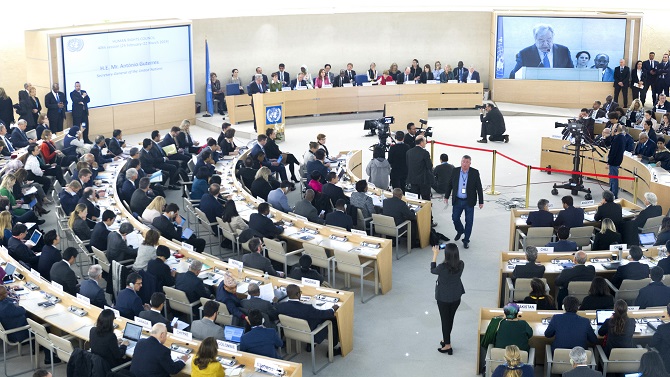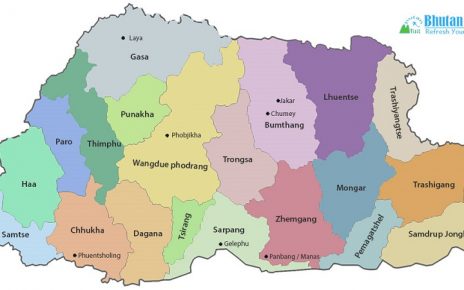The United Nations Working Group on Arbitrary Detention in its latest report (A/HRC/42/39) submitted to the 42nd session of the UN Human Rights Council being held in Geneva from 9-27 September 2019 stated that many detainees who were subjects of its opinions have faced reprisals from the Member States and called on the States concerned to prevent such acts of reprisal.
The Working Group noted with grave concern that “it continues to receive information, including in the context of its follow-up procedure, on reprisals suffered by individuals who had been the subject of an urgent appeal or opinion or whose cases had given effect to a recommendation of the Working Group.” In 2018, the Working Group adopted 90 opinions concerning the detention of 246 persons in 47 countries. It also transmitted 75 urgent appeals to 34 Governments concerning 117 identified individuals and 94 letters of allegations and other letters to 52 Governments.
The report stated that in 2018, the Working Group received allegations of reprisals against Sayed Nazar Naama Baqqer Ali Yusuf Alwadaei, Mahmood Marzooq Mansoor and Hajar Mansoor Hassan (opinion No. 51/2018, Bahrain).
The Working Group also expressed concern regarding the sentencing on 21 March 2019 of Judge María Lourdes Afiuni Mora, the subject of opinion No. 20/2010. Prior to this ruling, Judge Afiuni had already spent 3½ years in detention. The Working Group was of the opinion that “the case against her is a measure of reprisal, and reiterates its call upon the Government of the Bolivarian Republic of Venezuela to quash this sentence and provide her with effective and adequate reparations.”
The report pointed out that the Human Rights Council in its resolutions 12/2 and 24/24 had called upon Governments to prevent and refrain from all acts of intimidation or reprisal against those who cooperate with the United Nations, or who have provided testimony or information to them.
The Working Group reiterated its call on the States concerned “to take appropriate measures to prevent acts of reprisal against individuals who have been the subject of a communication by the Working Group, to combat impunity and to provide victims with effective remedies.”
On the positive side, the Working Group stated that its opinions in several cases of arbitrary detentions have been increasingly used in domestic proceedings to secure the rights of the detainees. The Working Group’s opinions were taken into account by national courts in conditionally releasing two detained individuals in Turkey, and during a public hearing before the Supreme Court of the Republic of Korea on conscientious objection to military service and its status under international human rights law. In the latter case, the Government informed the Working Group that in November 2018, the Supreme Court reversed its jurisprudence, which had previously considered the punishment of conscientious objectors as necessary to public safety, and that this could result in detainees being eligible to file a claim for compensation. Hence, the Working Group exuded confidence that “there is scope for greater use to be made of the opinions in national courts.”
Recommendations
Apart from the recommendation urging States to take measures to prevent acts of reprisal against individuals who have been the subject of a communication by the Working Group, the Working Group provided many other important recommendations to prevent arbitrary detentions around the world. It called on the Member States to continue to increase their cooperation, especially by responding positively to requests for country visits, through their responses to urgent appeals and communications and by implementing the Working Group’s opinions.
The Working Group encouraged States to modify laws and practices on military service, and in particular to comply with international norms that prohibit the detention of persons for their conscientious objection to military service.
Further, the Working Group encouraged sources and practitioners to use of its opinions in domestic judicial proceedings and to the judicial bodies to contribute to the implementation of its opinions.
The Working Group viewed detention registers as crucial tools in preventing arbitrary detention and called upon States to maintain such registers at every place of deprivation of liberty.
Lastly, the Working Group urged Member States to provide adequate and predictable human resources in order to allow it to fulfil its mandate in an effective and sustainable manner.


